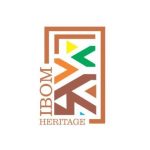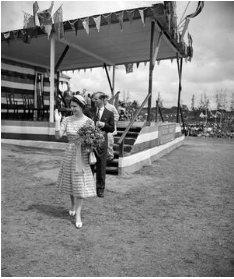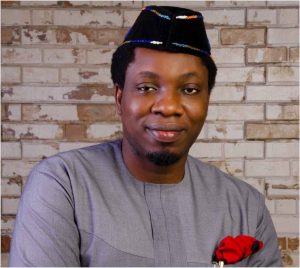When Queen Elizabeth II visited Nigeria in 1956, she set foot on Akwa Ibom soil. According to history, the Queen of England has visited our country just twice. This was first in 1956 and then in 2003 for the Commonwealth Heads of Government meeting.
So, what made the Queen visit Akwa Ibom?
Spoiler! Firstly, Akwa Ibom State did not exist until 1987, so when the Queen visited our land, we were not yet ‘Akwa Ibom’. Technically, the Queen did not visit Akwa Ibom.
But she set foot on our soil on a tour to Nigeria just before we won independence from Britain.
Some History
Prior to the time of her visit, Nigeria was under the monarchic rule of the Queen. We gained independence in 1960 and became a republic in 1963.
When the Queen visited Nigeria, the Governor General of Nigeria was Sir James Robertson, a British colonial officer.
Queen Elizabeth’s First Visit to Nigeria
The Queen’s first visit to Nigeria lasted just 20 days; from 28 January to 16 February 1956. It was termed a royal tour that had the queen visit many locations in the country.
It was during this first visit that the Queen inaugurated the federal court in Kaduna, attended the Royal Durbar also in Kaduna, Tin Plant in Jos, Lagos and also Enugu.
The Visit to Itu
Although not widely reported, part of the Queen’s reasons for visiting Nigeria was to lay a wreath at the grave of 20th Century Scottish missionary, Mary Mitchell Slessor. At that time in 1956, Mary Slessor’s recognized grave was in Itu in present day Akwa Ibom State. Today, though, the grave is in Calabar, Cross River State.
To get the Queen into Itu, a special landing for her boat was created on the banks of the monolithic Itu River. The landing had a small jetty built to help the Queen alight from the boat to land. A lobby was also built for her to wait in before proceeding to the grave site. Besides the quay and landing, a rail system was built to lift the Queen’s boat out of water also to land.
Queen’s Beach
The jetty is adjudged to be the first quay system to have been built in the entire South-East and South-South Nigeria. The location is today called ‘Queen’s beach’ in present day Itu Local Government Area of Akwa Ibom State.
The Queen’s beach is one of the tourist sites of Akwa Ibom State today in the Itu area. Of course, there is also the intimidating Itu river, the breath-taking rolling hills of Itu and Ibiono, the Mary Slessor Cairn and lots of other such sites worth visiting.
Buy a book on the historical journeys of Ibom people, click here.
Feature Picture shows Queen Elizabeth 11 with Prince Philip leaving the Calabar stadium. The photograph is for sale via Alamy.
Keyword: Queen Elizabeth visited Akwa Ibom



